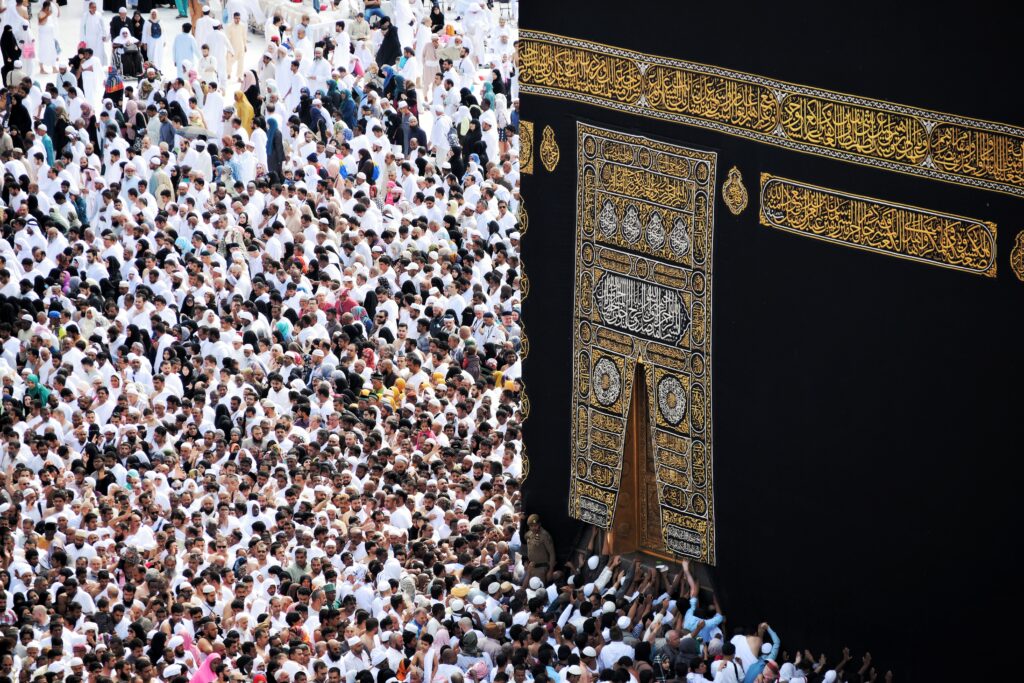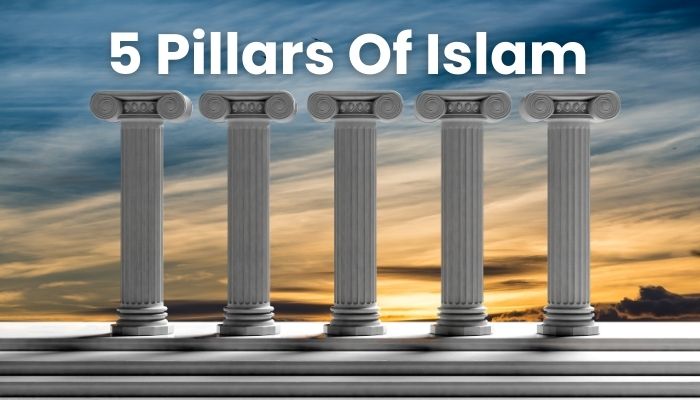The Five Pillars of Islam are the core principles and practices that are considered fundamental to the Muslim faith. These pillars serve as a framework for the religious beliefs and actions of Muslims, shaping their spiritual and moral lives. Here are the Five Pillars of Islam:
1. Shahada (Faith):
Shahada is the declaration of faith, the central creed of Islam. It is a testimony that there is no god but Allah (God), and Muhammad is His messenger. This simple declaration is the foundation of Islamic belief and is recited by Muslims regularly. The Shahada affirms the oneness of Allah and the prophethood of Muhammad.
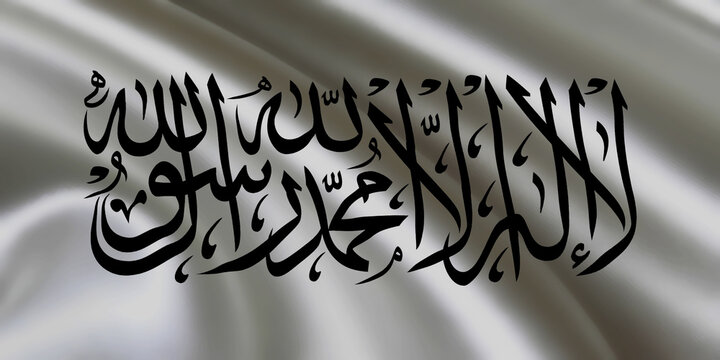
2. Salah (Prayer):
Salah refers to the ritual prayers performed by Muslims five times a day. These prayers are obligatory and serve as a direct means of communication between the individual and Allah. The daily prayers are known as Fajr (dawn), Dhuhr (noon), Asr (afternoon), Maghrib (evening), and Isha (night). Muslims pray while facing the Kaaba in Mecca, and each prayer involves specific physical postures and recitations.
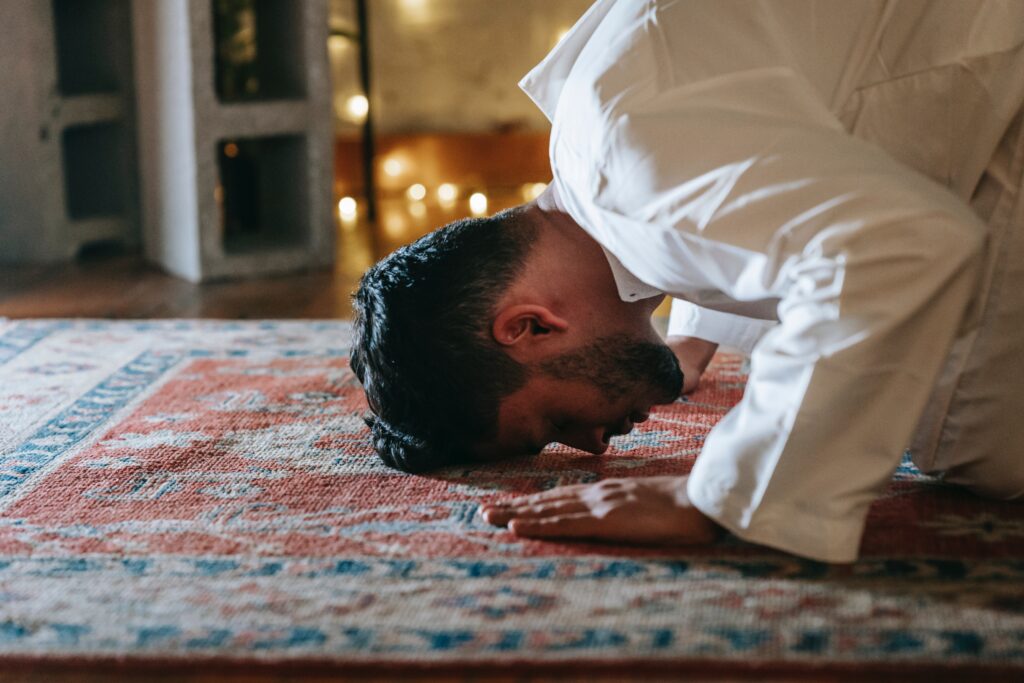
3. Zakat (Charity):
Zakat is the obligation to give to those in need and is often referred to as almsgiving or charitable giving. Muslims who are financially able are required to give a portion of their wealth (usually 2.5% of their savings) to help the less fortunate, support social welfare, and alleviate poverty. Zakat is seen as a means of purifying one’s wealth and helping the community.
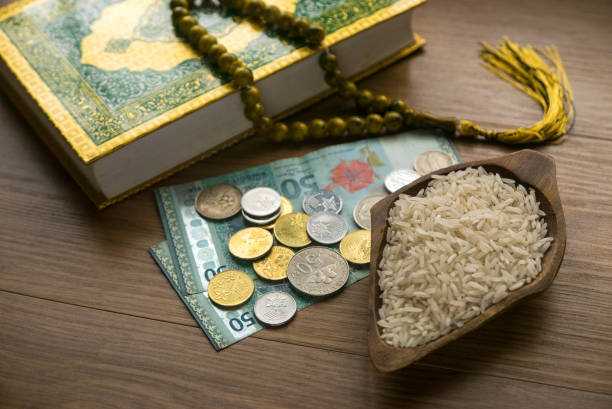
4. Sawm (Fasting during Ramadan):
Sawm refers to fasting during the Islamic holy month of Ramadan. Muslims abstain from food, drink, and other physical needs from dawn (Fajr) until sunset (Maghrib) as an act of devotion, self-discipline, and spiritual reflection. Fasting during Ramadan is not only a physical challenge but also a time for increased prayer, self-improvement, and charity.
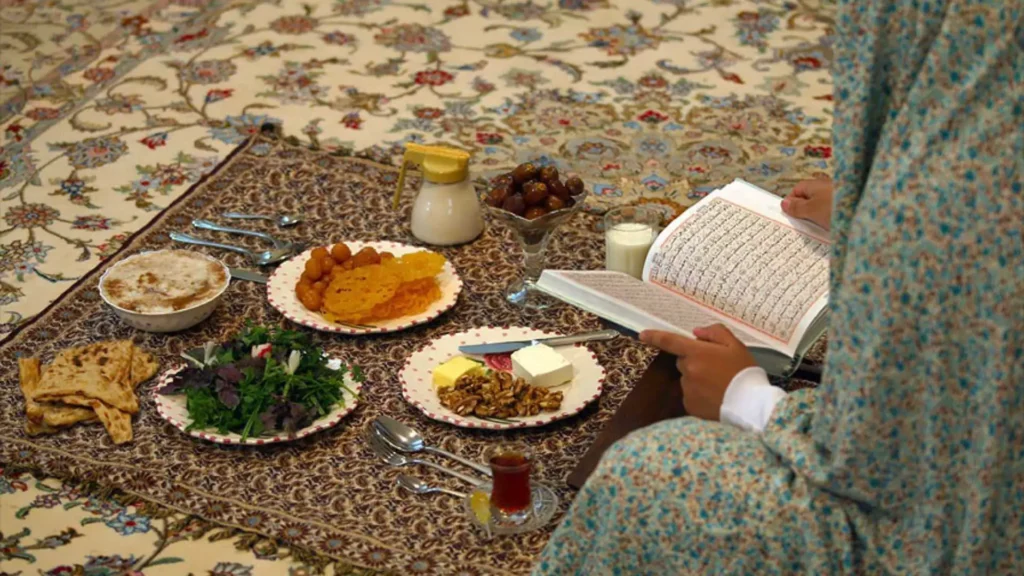
5. Hajj (Pilgrimage to Mecca):
Hajj is the pilgrimage to the holy city of Mecca in Saudi Arabia that every Muslim who is physically and financially able must undertake at least once in their lifetime. Hajj takes place during the Islamic month of Dhul-Hijjah and involves a series of rituals, including circumambulating the Kaaba, standing at the plain of Arafat, and other symbolic acts. It is a powerful and profound journey of faith and unity among Muslims.
These Five Pillars of Islam serve as the foundation of a Muslim’s religious and moral life, guiding their actions, beliefs, and obligations. Practicing these pillars is a central aspect of being a devout Muslim, and they help strengthen the individual’s relationship with Allah, their community, and their fellow human beings.
